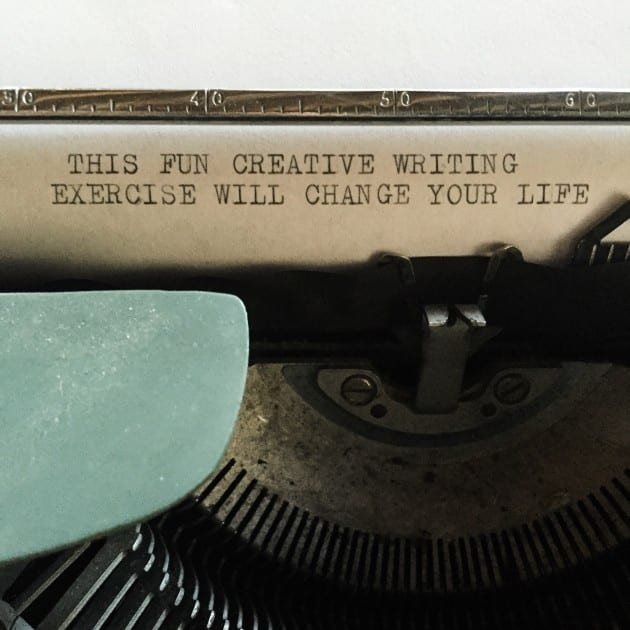Have you ever stared at a blank page, paralyzed by the need to be perfect? I’ve been there—buried under a pile of bills, adjusting to the chaos of a new baby and a new home, feeling like my creativity had evaporated. Then I discovered a simple, playful writing exercise that rekindled my creative spark. In fact, this exercise has become my go-to remedy for perfectionism—a common villain in every writer’s journey.
The Perils of Perfectionism
Perfectionism is a sly, often self-imposed barrier. It convinces you that every sentence must be flawless and that one misstep in word choice spells disaster. I used to think, “I must write the next great masterpiece!” until the empty page turned into a minefield of self-doubt. I would agonize over every word, obsess over sentence structure, and soon enough, fear replaced the fun of writing. Many writers know this feeling all too well—the inner critic that whispers, “This is terrible. Why would anyone read this?”
This relentless quest for perfection can be crippling, even driving you to postpone writing altogether. When you write solely to please that critical inner voice, you often produce work that feels forced and lifeless. So, how can you break free from these chains of perfectionism and let your creativity run wild?
The Secret Ingredient: Play
The answer is surprisingly simple: play. Remember those carefree days of childhood when exploring and making things up came naturally? The playful spirit of a toddler isn’t reserved for playtime alone—it can be the key to unlocking your best creative work.
When you allow yourself to play with language, you release the pressure to be perfect. You start to appreciate the sheer joy of discovery, of words colliding in unexpected ways. This isn’t about crafting Pulitzer Prize-winning prose on your first try; it’s about embracing spontaneity and rediscovering the fun of writing.
The Modernist Poetry Method
Drawing inspiration from modernist poets like Ezra Pound and T.S. Eliot, this creative exercise encourages you to write with abandon—often resulting in phrases that may seem nonsensical at first glance but hold the power to ignite your imagination. Modernist poetry, with its love for playful juxtaposition and unconventional structure, teaches us that words can be delightful experiments rather than prisoners of meaning.
Five Simple Steps to Unleash Your Creativity
Here’s how you can dive in and let go of your inner critic with this fun exercise:
- Start with a Blank Page
Whether you choose a computer, a notebook, or even an old-fashioned typewriter, begin with a clean slate. Embrace the emptiness as a space for pure creativity. - Write the First Word That Comes to Mind
Don’t overthink it—jot down the first word that pops up. It could be anything: “Boom,” “Spark,” or “Whisper.” The idea is to kick-start the process without judgment. - Add a Random Word
Now comes the twist: write a second word that is completely disconnected from the first. The randomness is key—it’s meant to unsettle that perfectionist voice. Let the unexpected pairing surprise you. - Keep the Words Flowing
Continue adding more words in quick succession. Write a third, fourth, fifth word—allow your thoughts to cascade freely. Break the line whenever it feels natural. The structure doesn’t matter here; what’s important is the continuous flow of ideas. - Embrace Playfulness
As you write, focus on the sound of the words rather than their meaning. Experiment with references from movies, history, songs, or literature—mix them with nonsensical rhymes. Invent new words if you feel like it. Remember, punctuation is optional (unless it adds to the fun, of course).
Letting Go and Laughing at Your Own Nonsense
After you’ve filled the page with your spontaneous wordplay, take a moment to read your creation aloud. You might chuckle at how absurd, messy, or even surprisingly beautiful your poem sounds. Yes, some lines may be undeniably goofy or awkward, but that’s part of the charm. The exercise isn’t about producing a polished piece—it’s about rediscovering the joy and freedom of writing without constraints.
I still remember some of my earliest attempts. I once created a poem that began with something like:
Boom storySimple reason hidesthe only response to holiness tears…
It was messy, funny, and imperfect—and yet it felt liberating. Another piece, which I fondly recall, meandered with phrases like:
bloom you folly seekingpinwheeling song stealersfloat your lilly feelings…
These playful moments, while far from perfect, reminded me that the essence of writing is not about flawless execution but about honest expression and exploration.
The Transformation
By deliberately aiming to write “badly,” you disarm the perfectionist lurking in your mind. In those moments of creative play, you’re free from judgment, and that openness can lead to unexpected connections and a refreshing burst of inspiration. Soon, you’ll find that returning to your regular projects is much less daunting. With a playful spirit reignited, you can approach your work with renewed energy and creativity.
So, take a break from striving for perfection and give yourself permission to play with words. This exercise has the potential not only to improve your writing but to change the way you approach creativity altogether. Embrace the imperfect, the silly, and the spontaneous—and watch as your creative juices flow once more.


